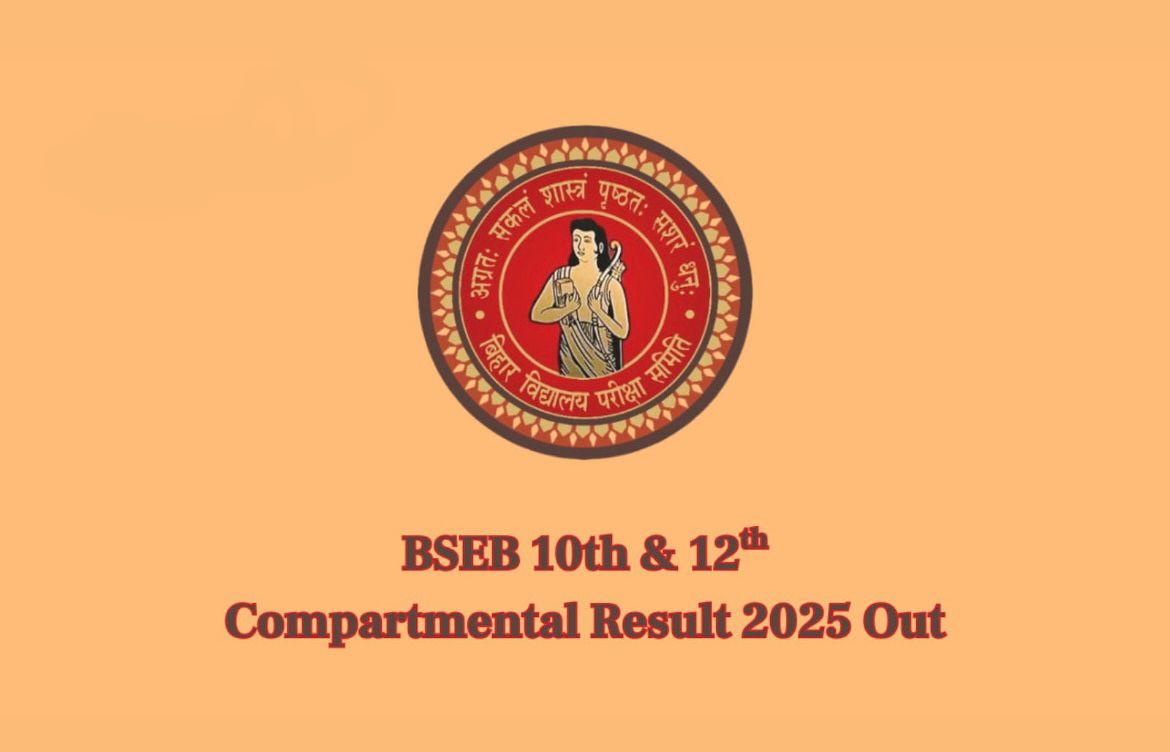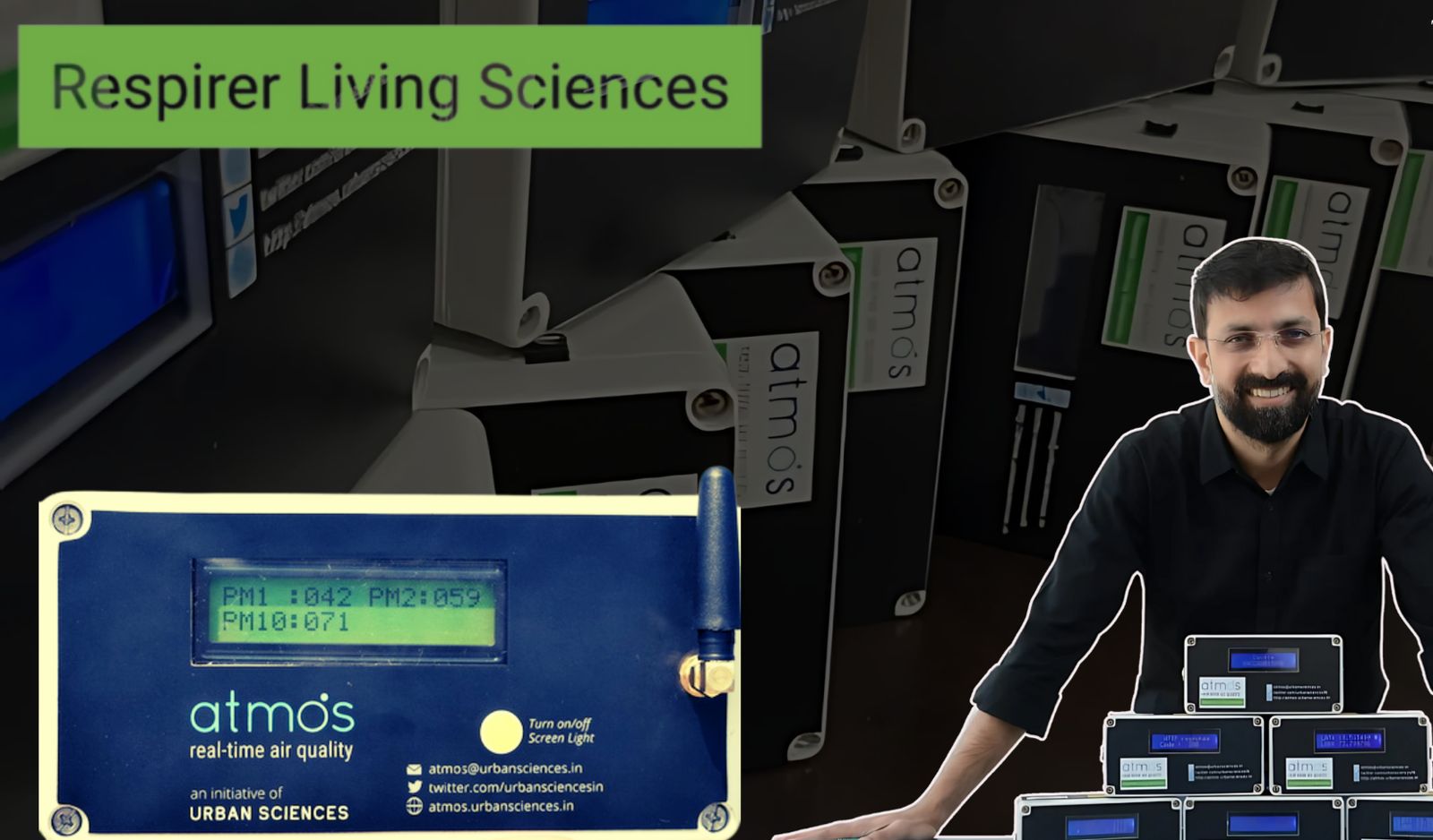
Follow WOWNEWS 24x7 on:
Updated: May 30, 2025 21:15

The Supreme Court has ruled that the National Eligibility-cum-Entrance Test for Postgraduate (NEET-PG) 2025, scheduled for June 15, must be conducted in a single shift instead of two. The decision comes in response to concerns over fairness and transparency in the examination process.
Key Highlights of the Supreme Court’s Ruling
- A bench led by Justice Vikram Nath, along with Justices Sanjay Kumar and N V Anjaria, directed the authorities to ensure that the exam is held in one shift.
- The court emphasized that conducting the exam in two shifts creates arbitrariness, as different question papers may have varying levels of difficulty.
- The ruling follows a plea challenging the notification that initially scheduled NEET-PG 2025 in two shifts, arguing that it could lead to unfair advantages for certain candidates.
Concerns Over Two-Shift Examination Model
- The Supreme Court noted that normalizing scores across different shifts cannot fully eliminate discrepancies in difficulty levels.
- The bench highlighted that even a one-mark difference could impact a candidate’s future prospects, including specialization choices and university placements.
- The ruling aligns with previous concerns raised about fairness in competitive exams, reinforcing the need for a standardized testing approach.
Implications for NEET-PG Candidates and Authorities
- The National Board of Examinations (NBE) has been directed to make logistical arrangements to accommodate all candidates in a single shift.
- Examination centers will need to be expanded to ensure smooth conduct of the test without technical disruptions.
- The ruling is expected to prompt a review of existing policies for other competitive exams, ensuring uniformity in assessment methods.
Future Outlook and Policy Considerations
- The Supreme Court’s decision reinforces the importance of transparency in national-level entrance exams.
- Authorities may explore additional measures to enhance fairness, including improved question paper design and exam security protocols.
- The ruling sets a precedent for future examinations, potentially influencing policies for other standardized tests in India.
Source: Odisha TV, MSN, India TV News, The Hindu, Indian Express, NDTV, Moneycontrol.





